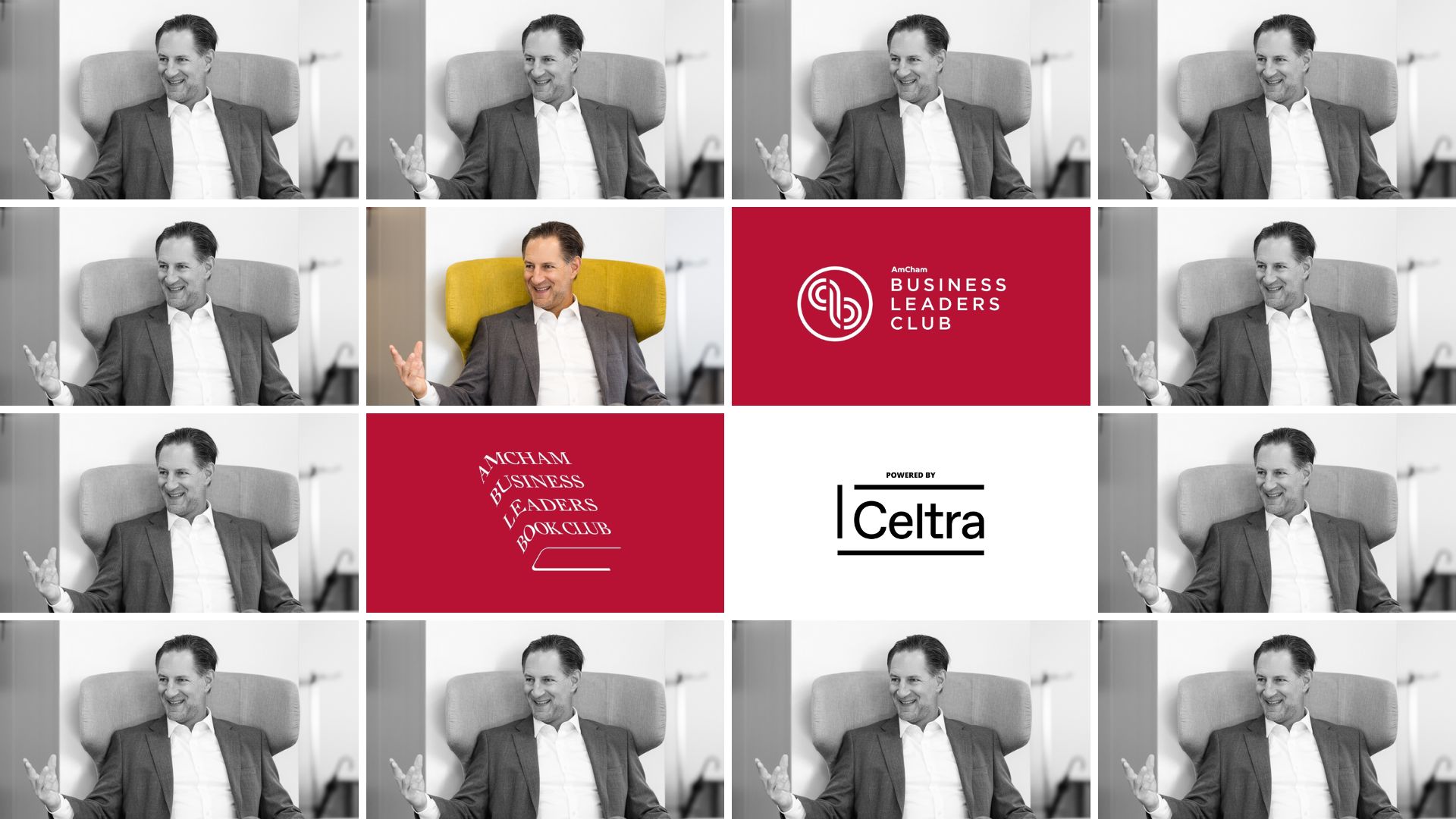When I asked Mr. Denhof if he was an avid reader, there was a long pause. Thinking back, that might have been the only one in our interview (you will see why from a fairly stereotypical observation later on). After the delay, there was a yes, followed by a but. Do you want to know more?
Speed reading is a survival skill of a top manager
Denhof explained that while he reads a lot, it is not necessarily the topics he wants to read [all the time]. Namely, in his position as the President of the Management Board of Nova KBM, the second-biggest Slovenian bank, he spends most of his time reading emails, reports, and policy documents. The company has around 400 policies, rulebooks, and strategies, some of them ranging up to two hundred pages. On top of this, other internal documentation, like board documents, can easily reach a thousand pages. So it can come to tens of thousands of pages per week to be digested!
Where does he find the time to go through all of this? Denhof emphasizes the importance of speed reading; otherwise, it would be impossible to keep up with the chaotic pace of changes. However, it is not merely enough to read through these papers. Denhof: “To approve them, you also have to understand them. So speed reading and speed comprehension are essentially key survival skills, particularly in highly regulated industries.”
And while reading is important, he stresses that gathering information through verbal communication with people is crucial to stay in front because not everything important gets written down! He routinely, twice or three times each week, interviews people from outside the bank (from regulators, business people, and artists to government officials and sportspeople), which gives him a better understanding of the economy and where it is heading.
When I prod further on the last non-work related book he read, he mentions a physics book on the Origins of the Universe that he picked up at an antique bookstore because it looked different (The Elegant Universe by Brian Greene, one of the world’s leading string theorists). And while Denhof’s all-time favorite books come from the Tolkien trilogy Lord of the Rings, he is not the kind of person that would bring a bunch of books on his holiday and lay on the beach with a drink in one hand and a Sci-Fi book in the other hand for hours on end. He is much too active for that – it only takes him a day to relax before he is off scuba diving, biking, or trekking in some mountains. And just from his travels in recent months, locations like Belaire, Curaçao, Jordan, Turkey, and Qatar slip off his tongue.
